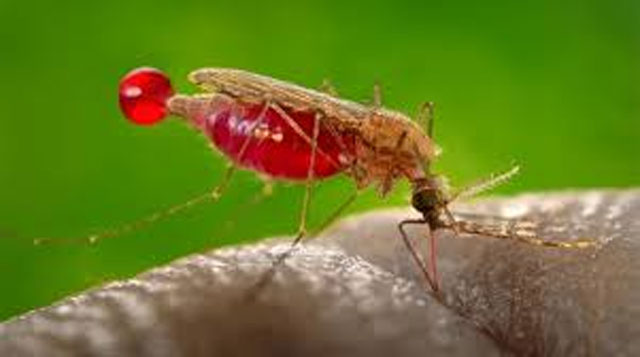Daijiworld Media Network - Toronto
Toronto, Nov 13: In what experts are calling a breakthrough in the global fight against malaria, a new next-generation drug candidate — GanLum (ganaplacide/lumefantrine, KLU156) — has shown a 97% cure rate in Phase 3 clinical trials, slightly outperforming the current gold standard Artemisinin Combination Therapy (ACT).
The randomised controlled trial, conducted across 12 Sub-Saharan African nations and involving over 1,600 participants, demonstrated GanLum’s superior efficacy against Plasmodium falciparum, the most deadly malaria parasite responsible for nearly all malaria-related deaths worldwide.

The results were unveiled at the American Society for Tropical Medicine and Health (ASTMH) annual conference in Toronto. According to pharmaceutical giant Novartis, which co-developed the drug with Medicines for Malaria Venture (MMV), the findings mark a major step forward in combating rising resistance to existing malaria treatments.
“GanLum could represent the biggest advance in malaria treatment for decades,” said Professor Abdoulaye Djimdé, a lead investigator from the University of Bamako, Mali. “Its strong efficacy and ability to block transmission make it a potential game changer.”
The Phase 3 trial, conducted at 34 clinical sites across Africa and one in India, compared GanLum to Coartem©, the widely used ACT. GanLum achieved a 97.4% cure rate, versus 94% for Coartem, according to Novartis data.
The drug combines ganaplacide, a new non-artemisinin compound that destroys the malaria parasite’s internal protein transport system, with lumefantrine, an updated formulation known for preventing recurrence. Together, the two components target multiple stages of the parasite’s life cycle, stopping both infection and transmission.
MMV Executive Vice President George Jagoe said the partners will soon seek regulatory approval, first through Swissmedic in Switzerland, followed by submissions in several African countries. “We hope to see it available within 12 to 18 months,” he stated.
GanLum will be distributed on a ‘largely not-for-profit’ basis in low- and middle-income countries, MMV confirmed, ensuring affordability in regions where malaria remains endemic.
Despite major progress since 2000, malaria continues to claim hundreds of thousands of lives annually, mostly among children under five. The World Health Organization (WHO) estimated 263 million cases and 597,000 deaths in 2023 — a resurgence linked to drug resistance and climate challenges.
Experts say the successful rollout of GanLum could provide a much-needed lifeline. “This medicine can help reverse the troubling rise in malaria deaths we’ve seen in recent years,” said ASTMH President David Fidock, calling it “a landmark moment in global health.”